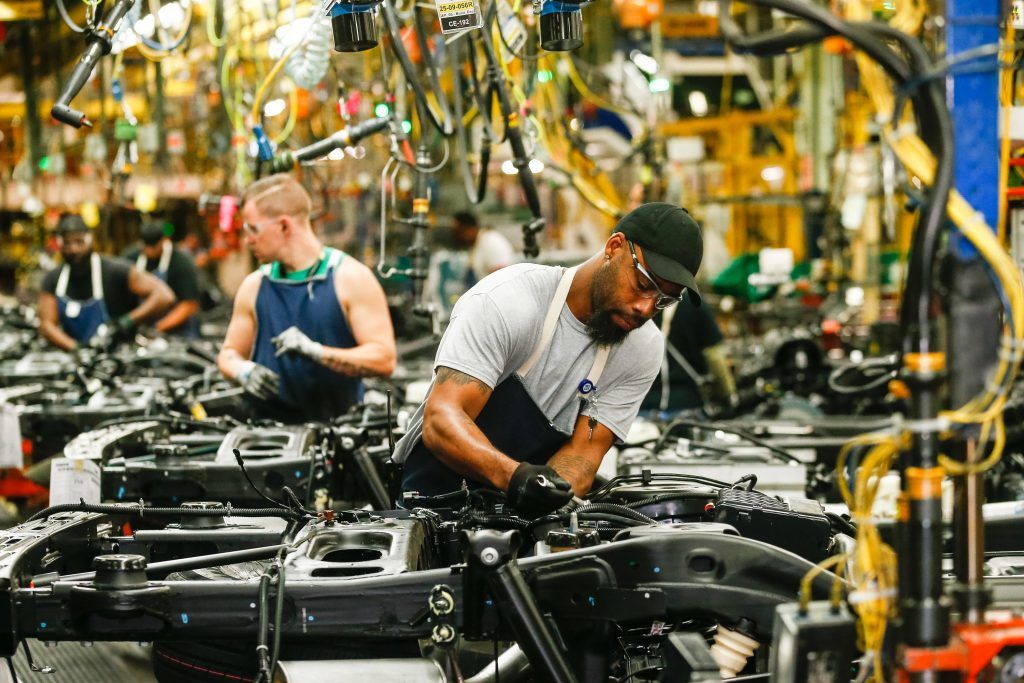A USTR report released Monday highlighted concerns about China‘s investment in electric vehicle production and sales in North America.
The document was released on the same day that the USMCA turns four years old.
The report also takes on relevance as the USMCA will undergo its first review in 2026.
USTR refers that, as with other key industry sectors, the People’s Republic of China (PRC) is targeting the electric vehicle sector for dominance.
«It uses non-market policies and practices to concentrate the production of goods within its borders, which undermines supply chain resilience and deprives our workers and market-oriented companies of the ability to compete fairly,» it said.
USTR Report
For this U.S. government agency, consumers are also harmed when they are deprived of the innovation and choice that fair competition would produce.
The White House Trade Representation said that even when the PRC invests outside its own borders, to take advantage of others’ preferential trade agreements, it appears that the PRC’s labor and investment practices are not designed to benefit host country workers.
«While not discussed in the report, we also know that electric vehicles are increasingly generating and collecting data, and democratic trading partners should be sensitive to the potential use of these exports to collect sensitive data on our people for use by authoritarian jurisdictions of interest,» he added.
FDI
Several commentators, including the UAW and the LAC, expressed concern about the amount of Chinese foreign direct investment in the automotive sector in Mexico, alleging that such investment is intended to evade Section 232 and Section 301 tariffs on direct imports from China. Both organizations urged the United States to work closely with Canada and Mexico to carefully examine these Chinese investments and determine whether the automotive content entering the North American supply chain is connected to government-backed Chinese companies.
Adam Hersh, senior economist at the Economic Policy Institute, expressed similar concerns, arguing that the concept of «cumulation» when calculating regional value content allows the proportion of non-North American content to increase «exponentially» as components are transformed into the value. chain. Hersh also argued that this means that significant non-North American content is benefiting from IRA tax credits.

